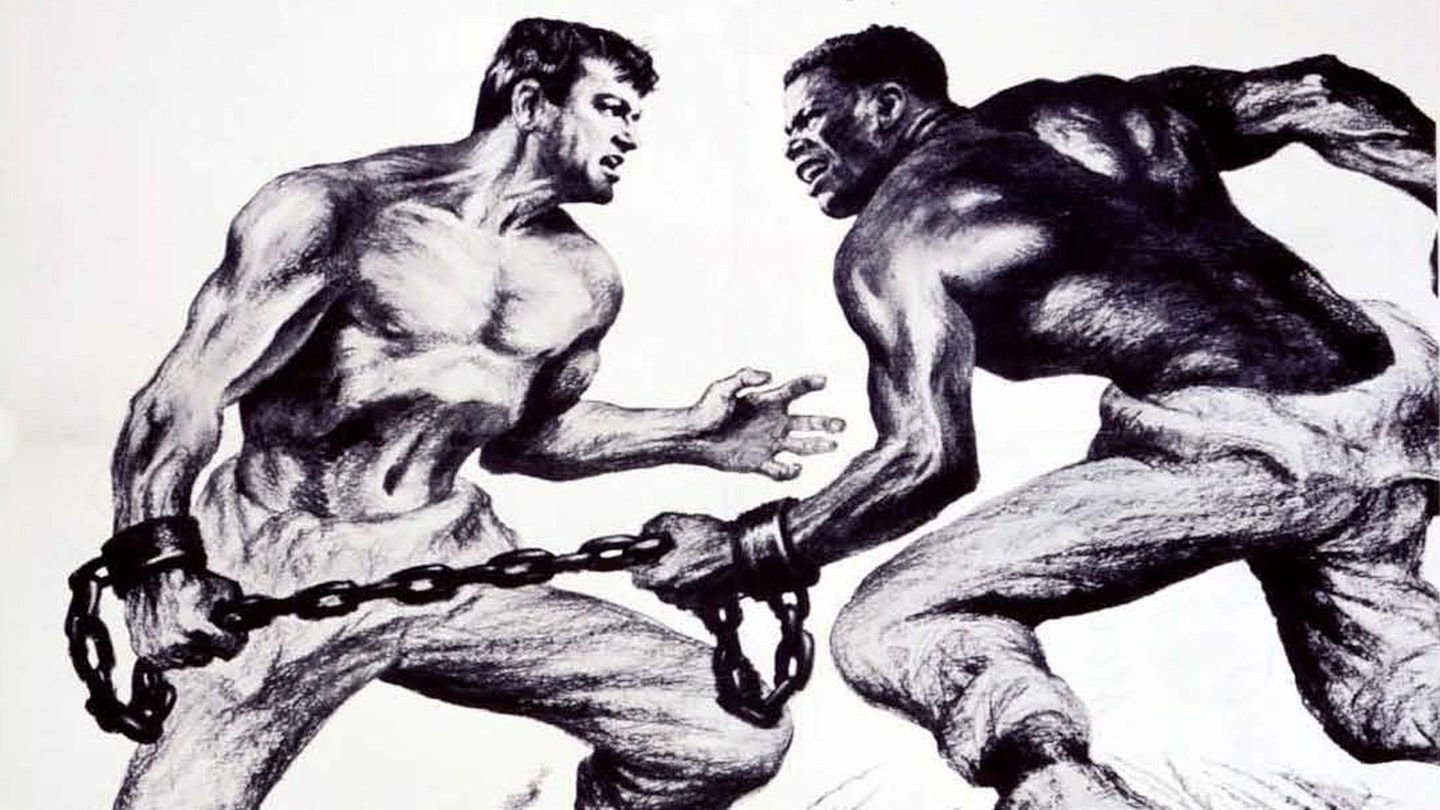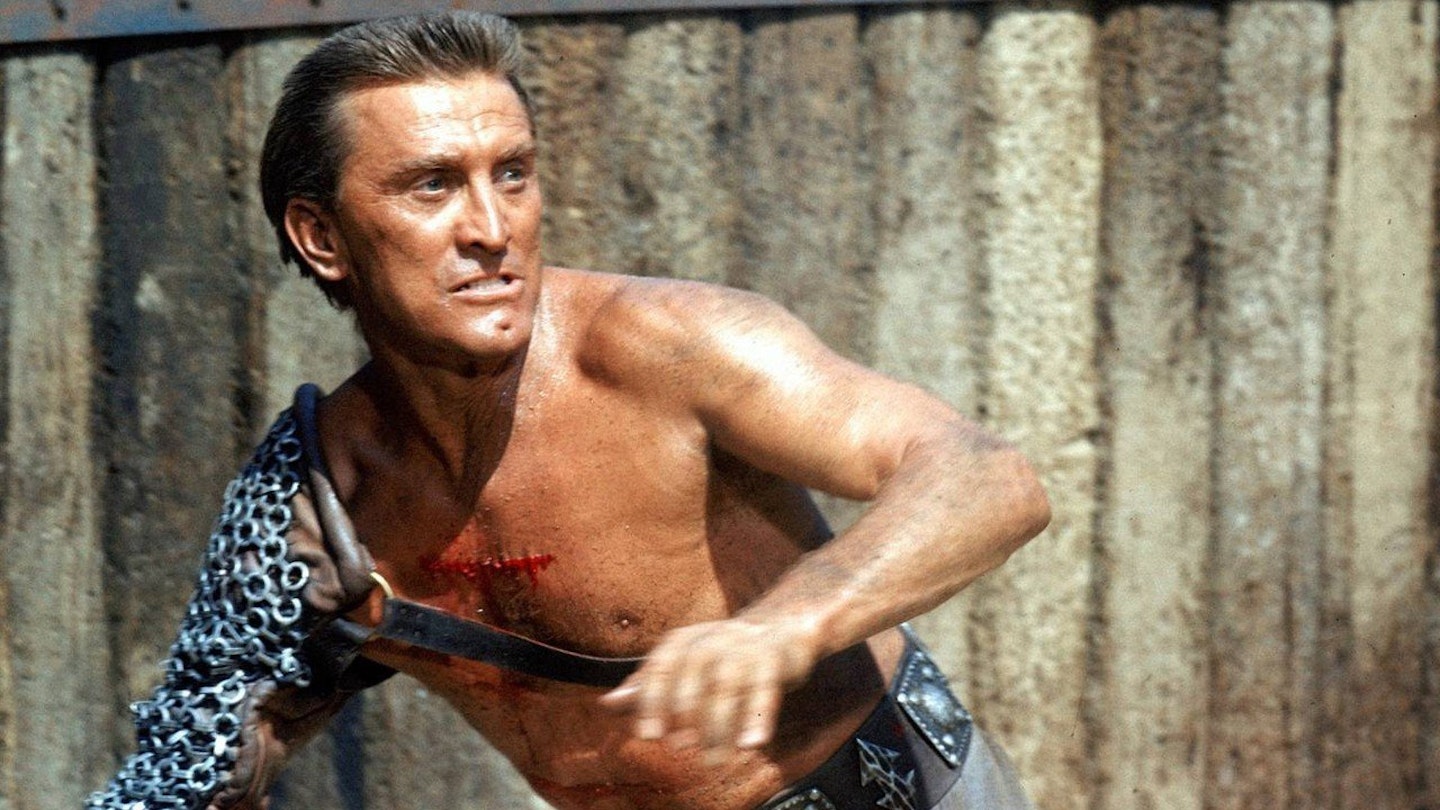This Stanley Kramer messageathon plays better as a high-concept thriller than a statement about race relations or the human condition. Too much of it involves Curtis’s Joker, who dreams of becoming a wealthy ‘Charlie Potatoes’, squabbling with Poitier’s Cullen, who bristles whenever he’s called ‘boy’, but the good stuff is physical – the cons trying to get across a river or out of a mud pit, with much symbolic hand-clasping.
Along the trail there are one-act-play-like encounters with lynch mob leader Claude Akins who is defied by sympathetic old lag Lon Chaney Jr, and with abandoned farmwife Cara Williams, who comes on hysterically strong to Curtis and directs Poitier off to drown in a swamp, prompting the white man finally to admit kinship with his fellow downtrodden escaped con.
There’s the inevitable bit where Curtis smears mud on his face, is mistaken for a black man and learns something of what it’s like being Poitier, but this is somehow less powerful than the unaddressed, just-the-way-it-is murderous racism of the poor white trash folks they encounter on the run. Behind a front, the screenwriter was blacklistee Nedrick Young, which explains some of the anger at the failings of America.
The ending is nicely understated, as Curtis is too weak to go on but Poitier stays with him as humane sheriff Theodore Bikel, having defied straining-at-the-leash state trooper Charles McGraw (who wants to send in the dobermans), just quietly arrests the runaways. The leads are too pretty for their roles, and neither is well-cast as an underclass convict, but Bikel, McGraw, Chaney, Akins and the others do good work.

